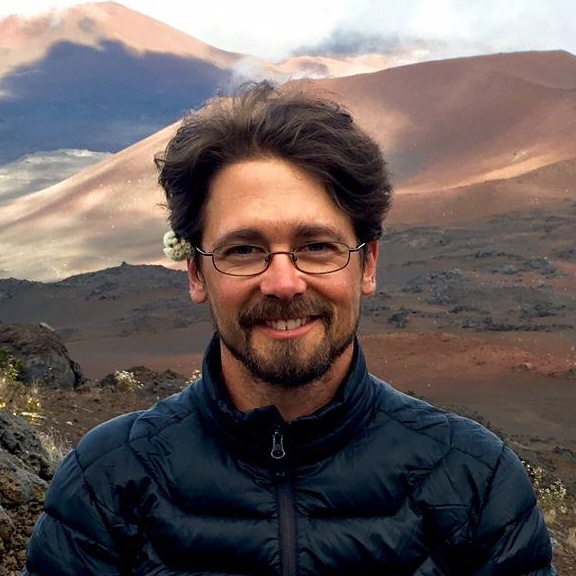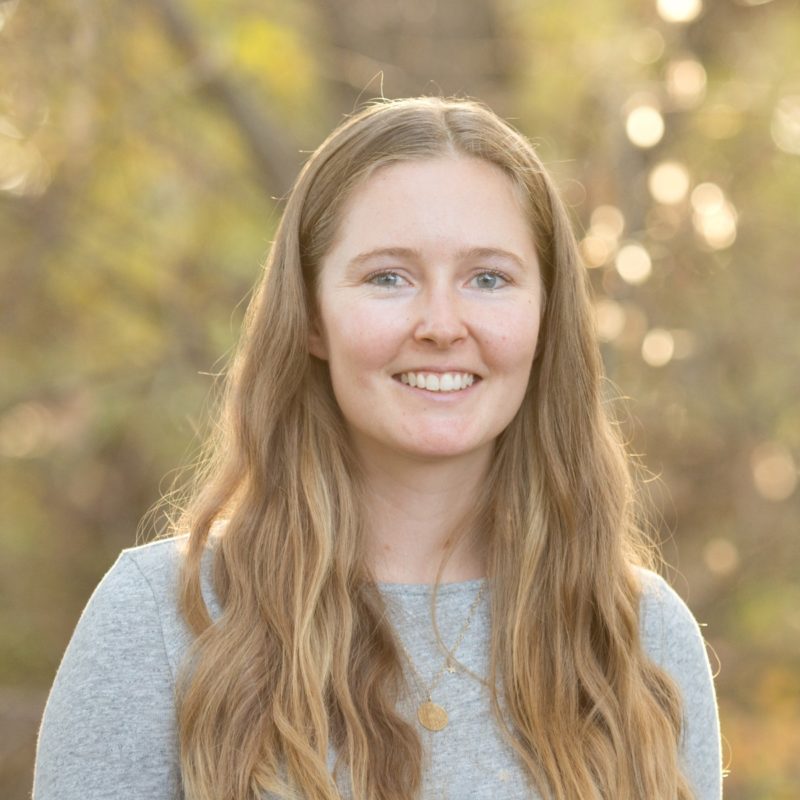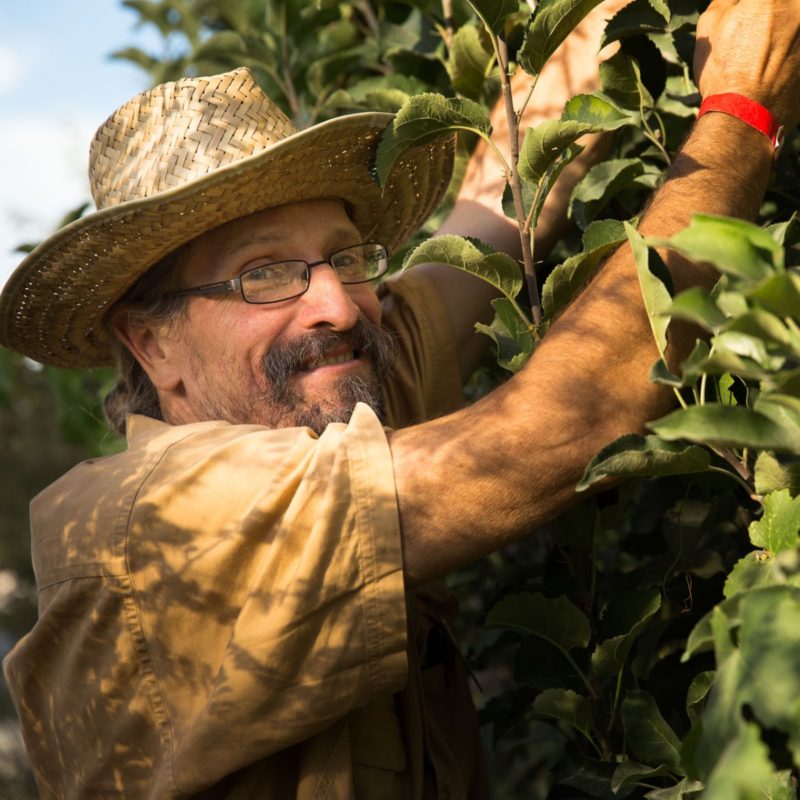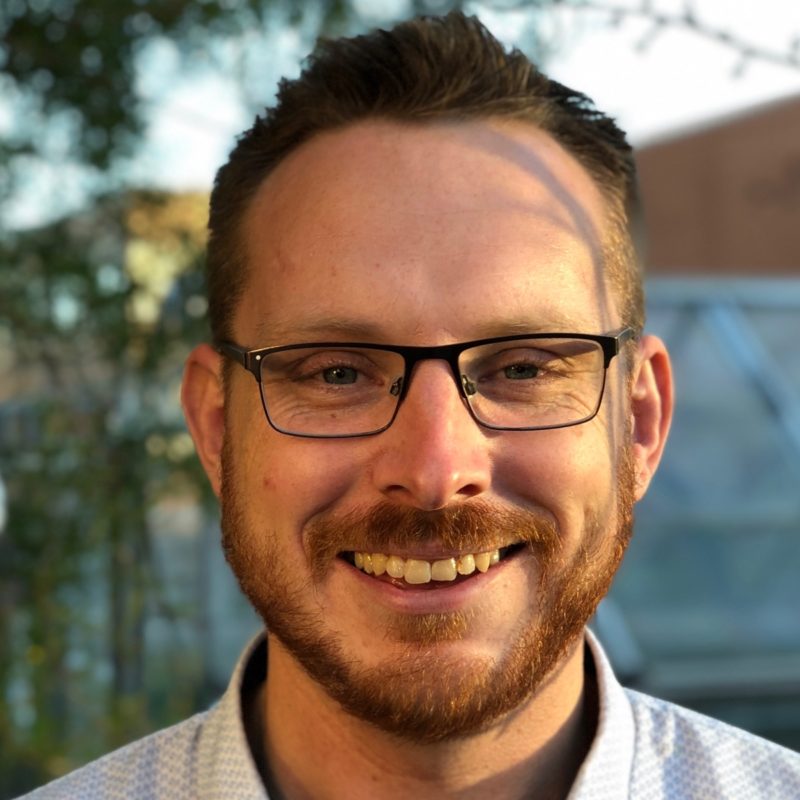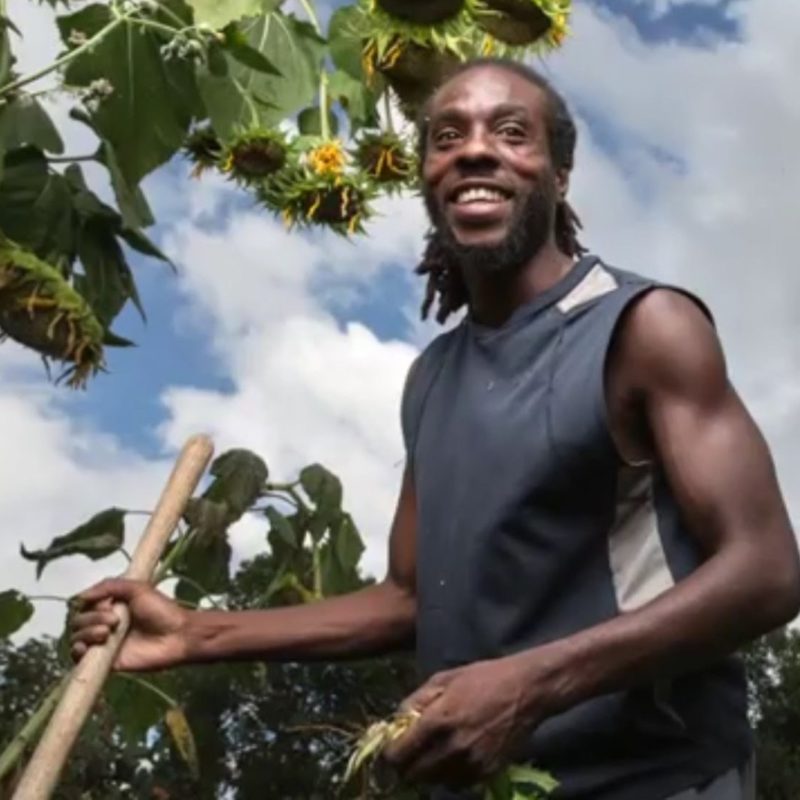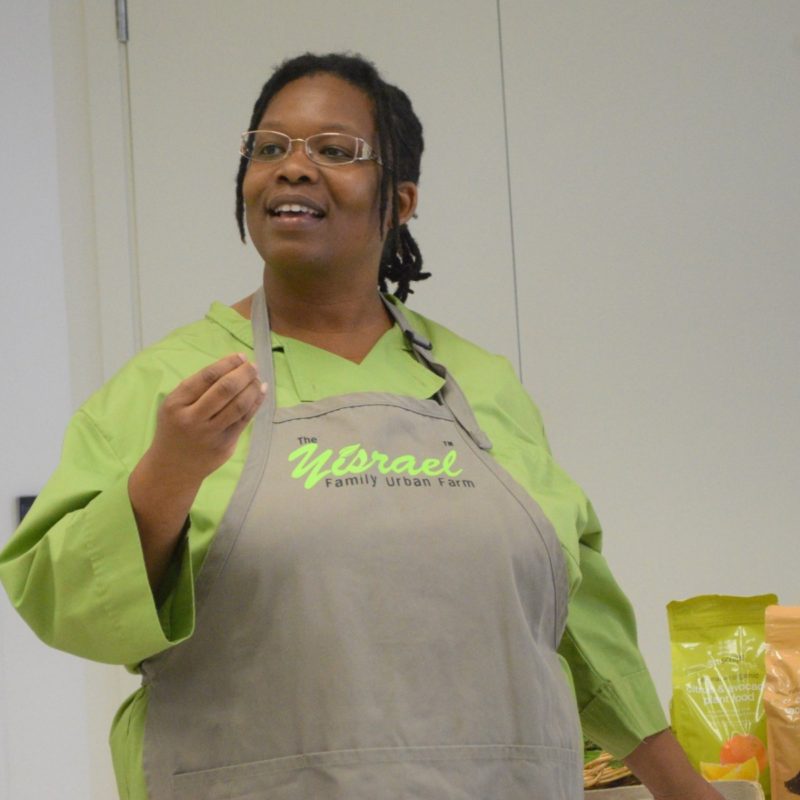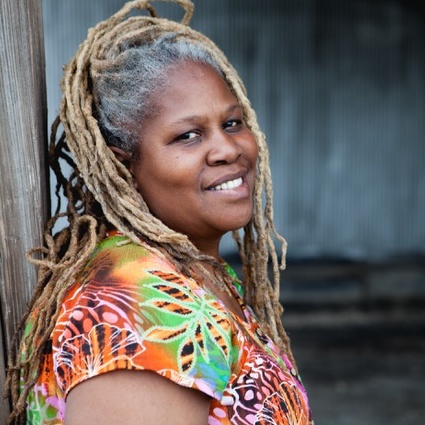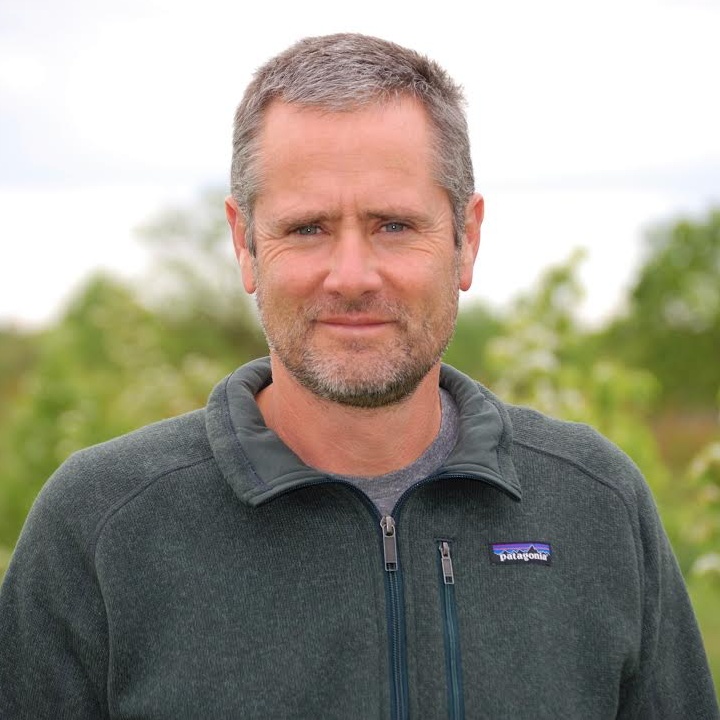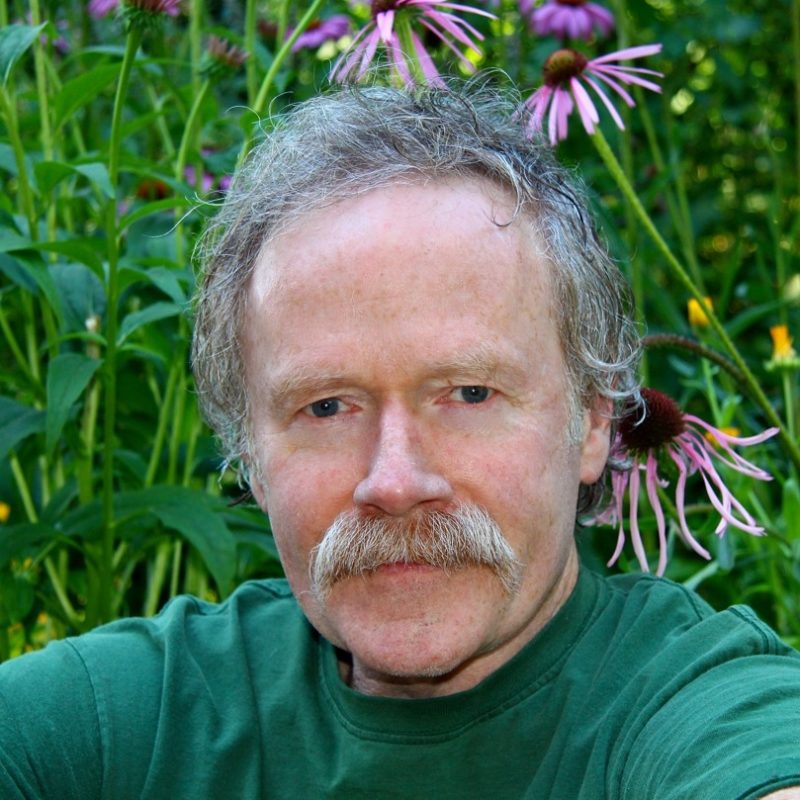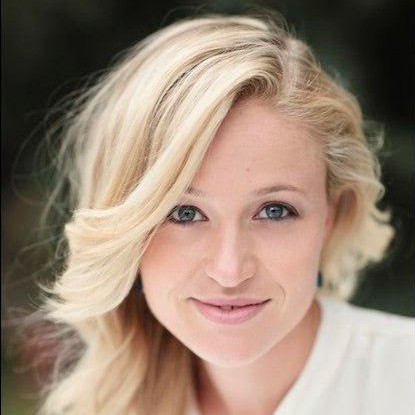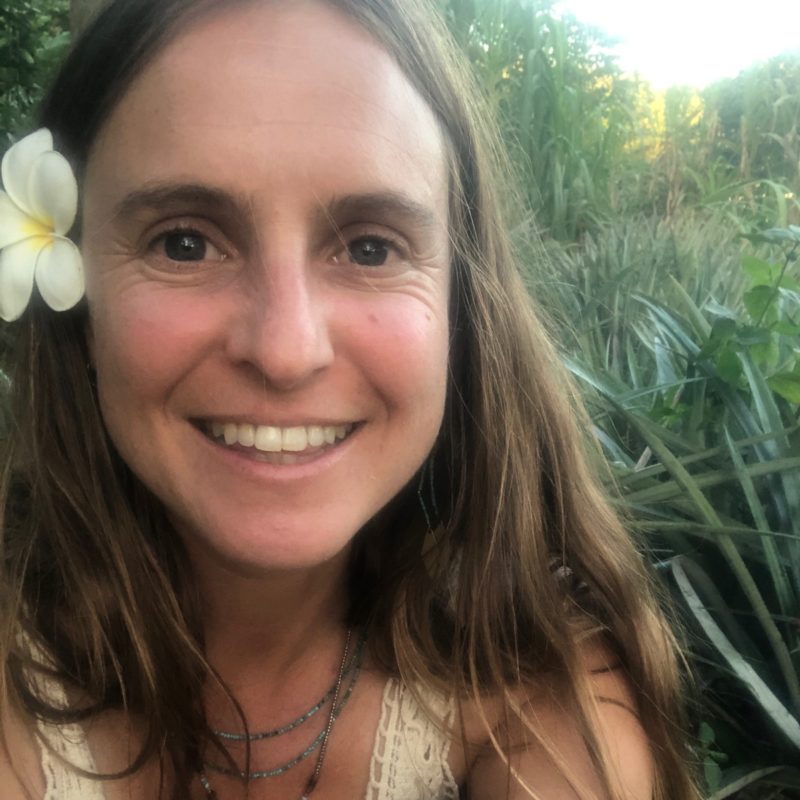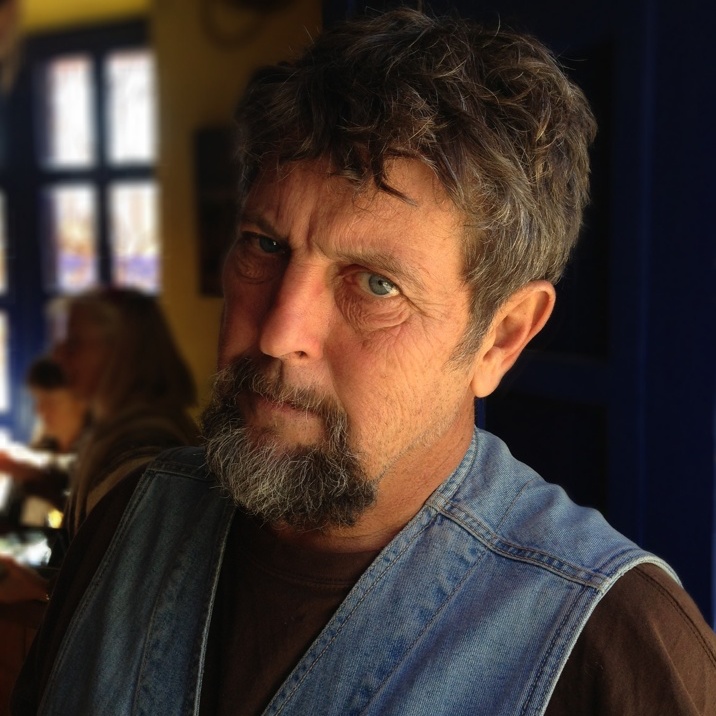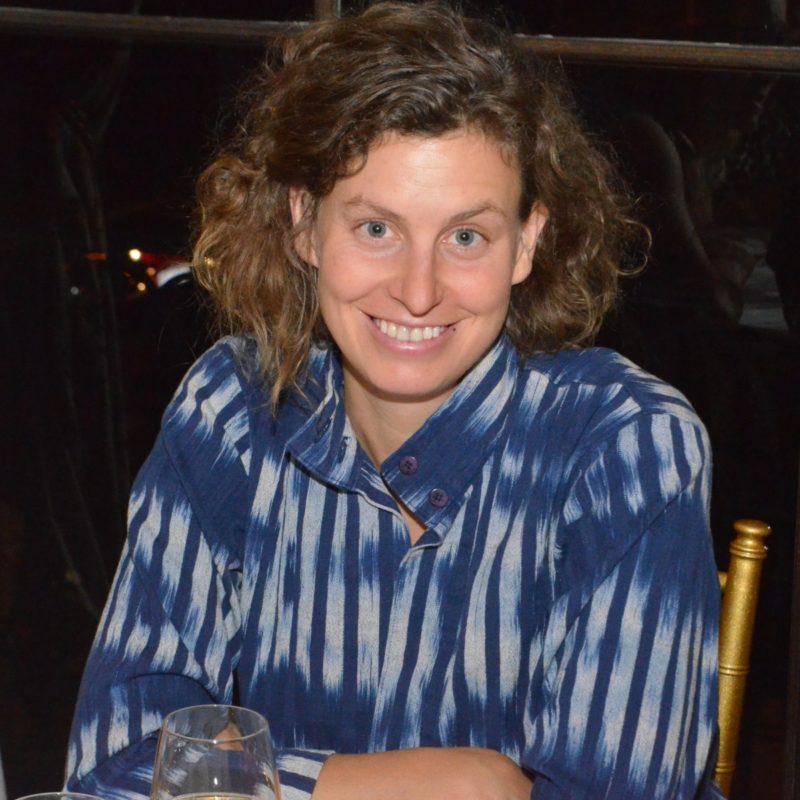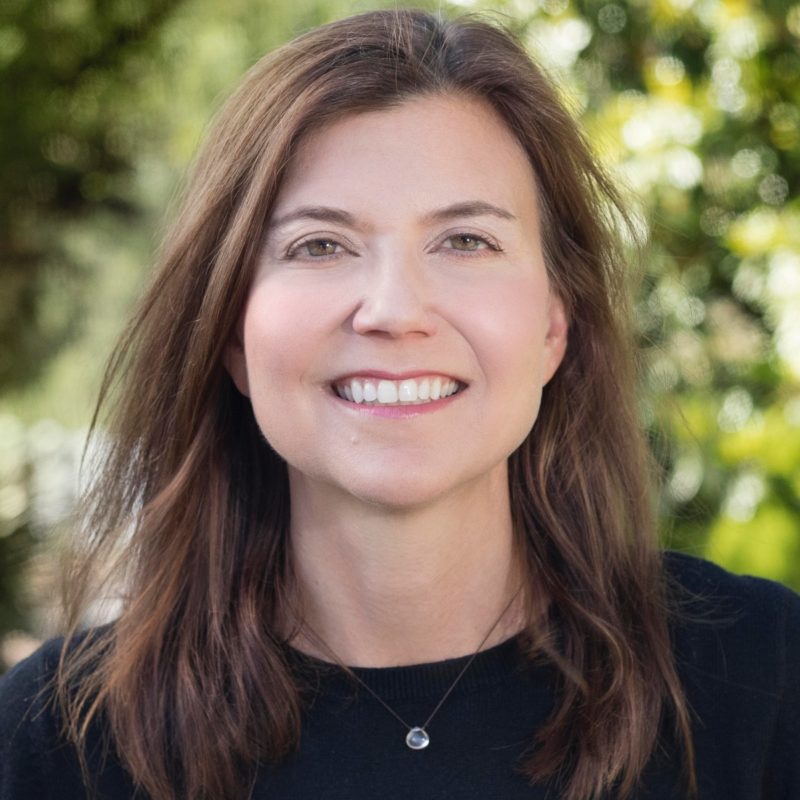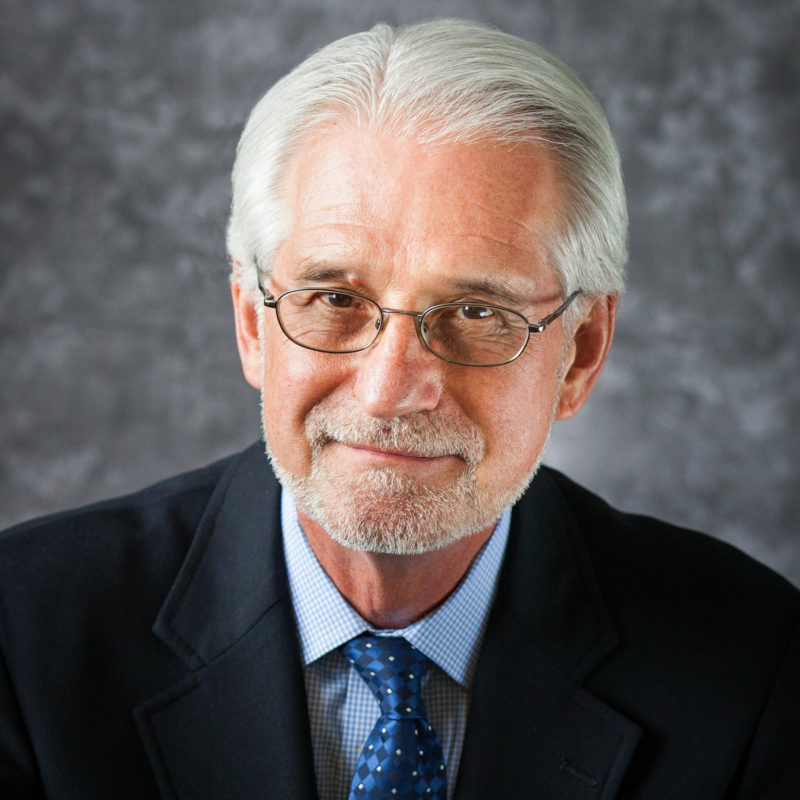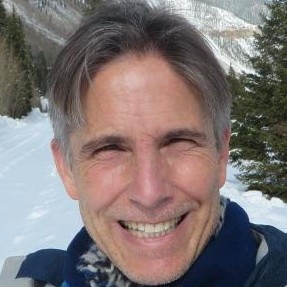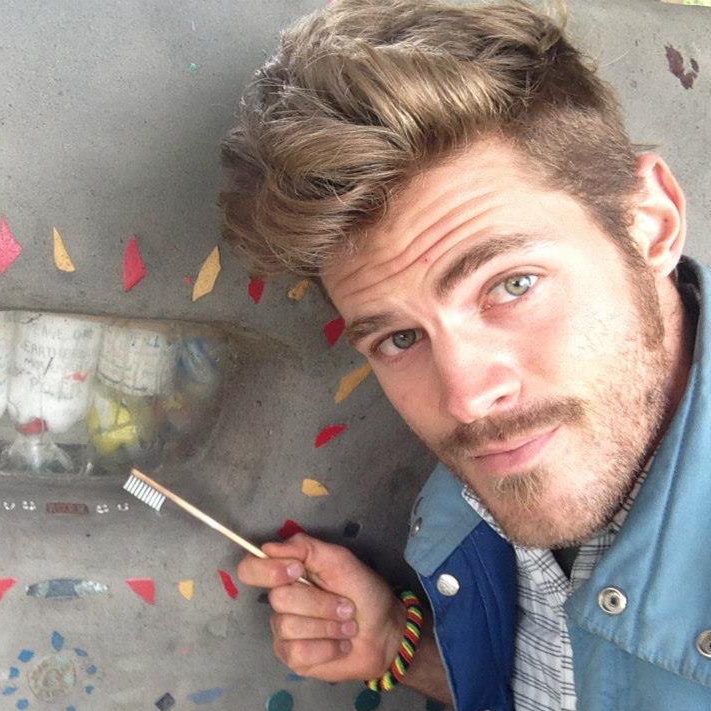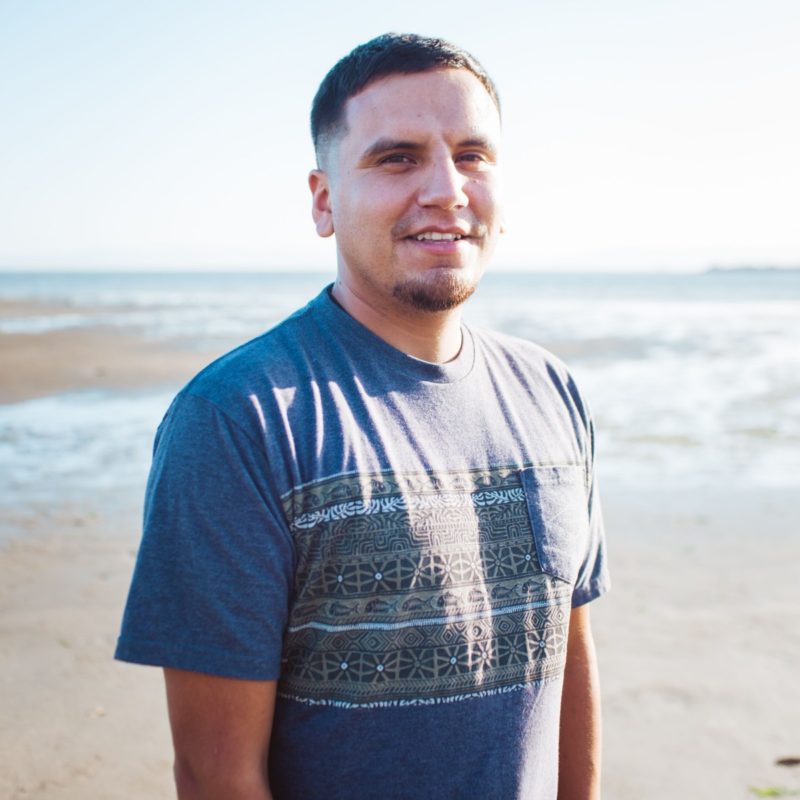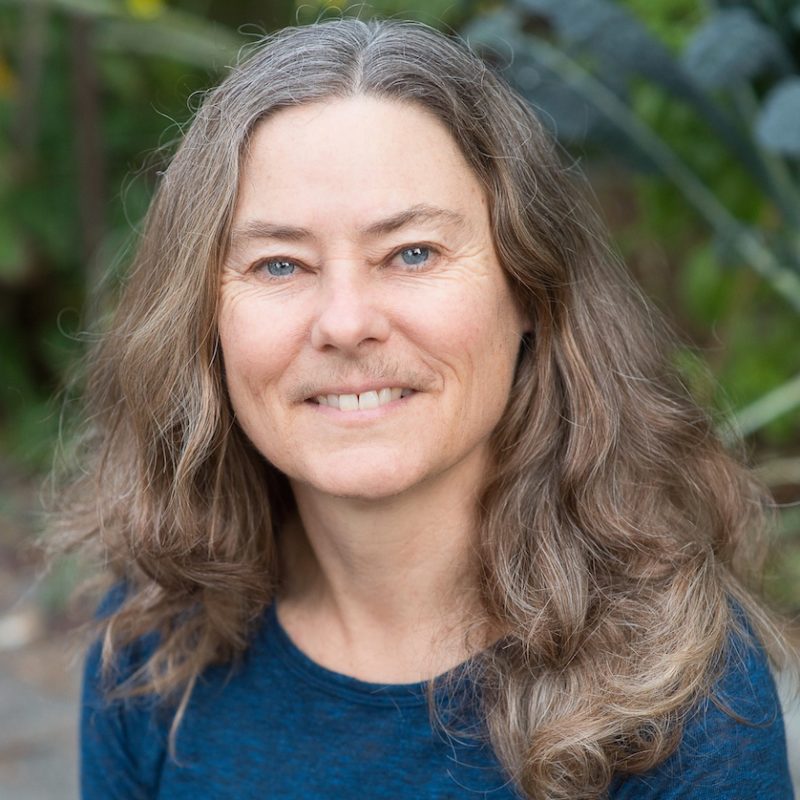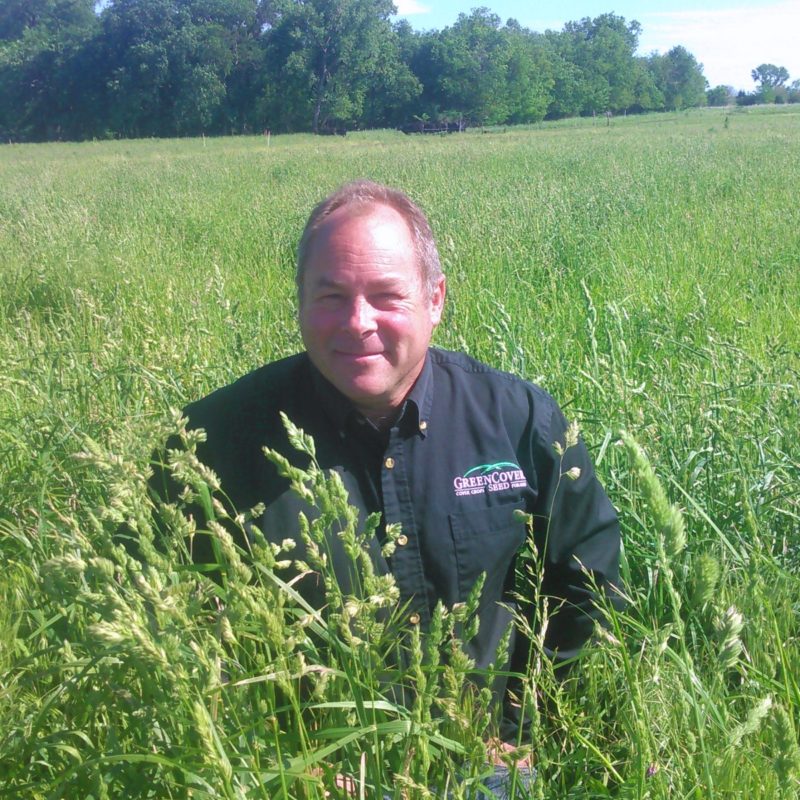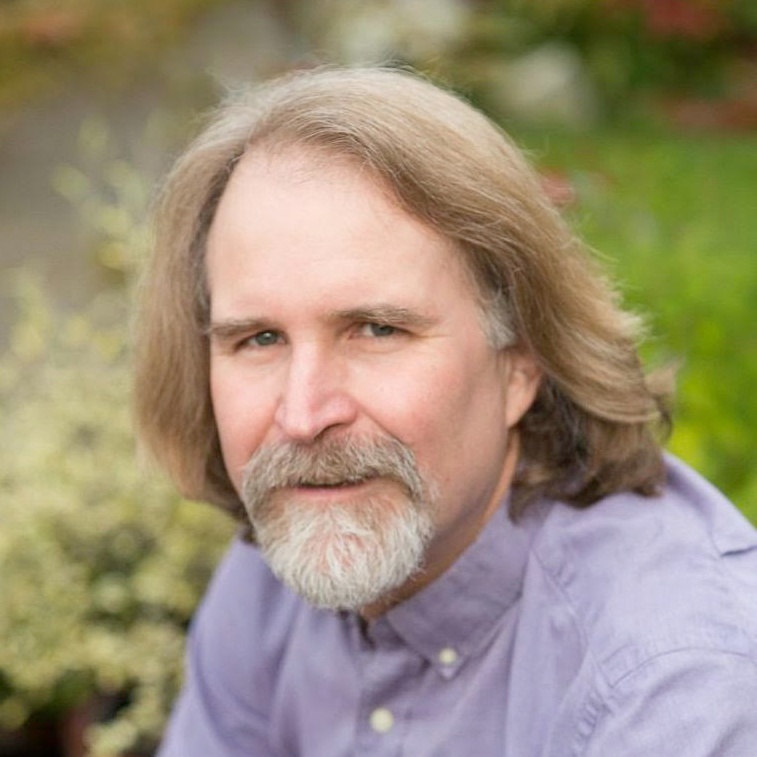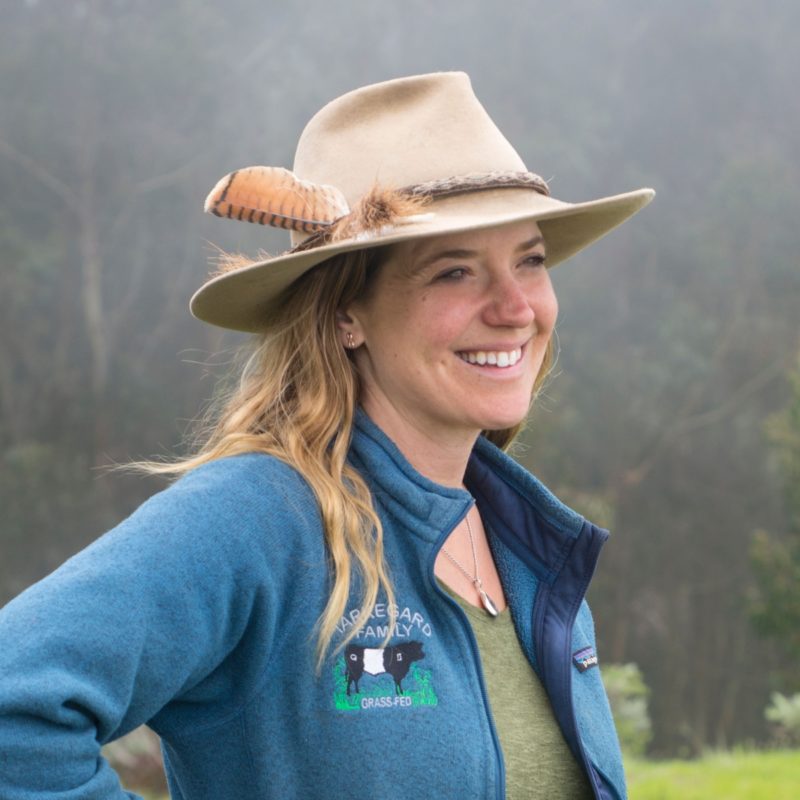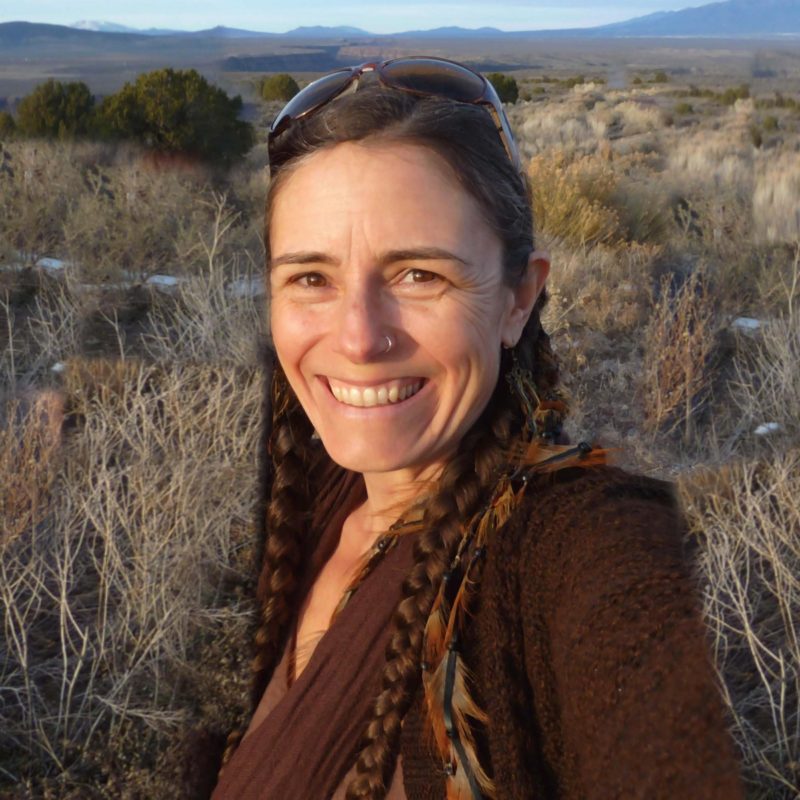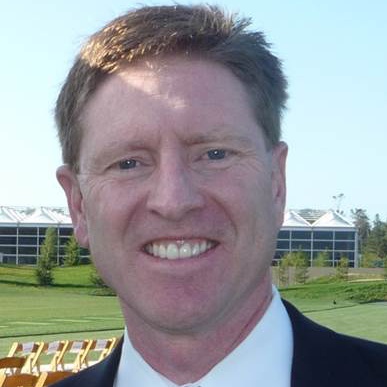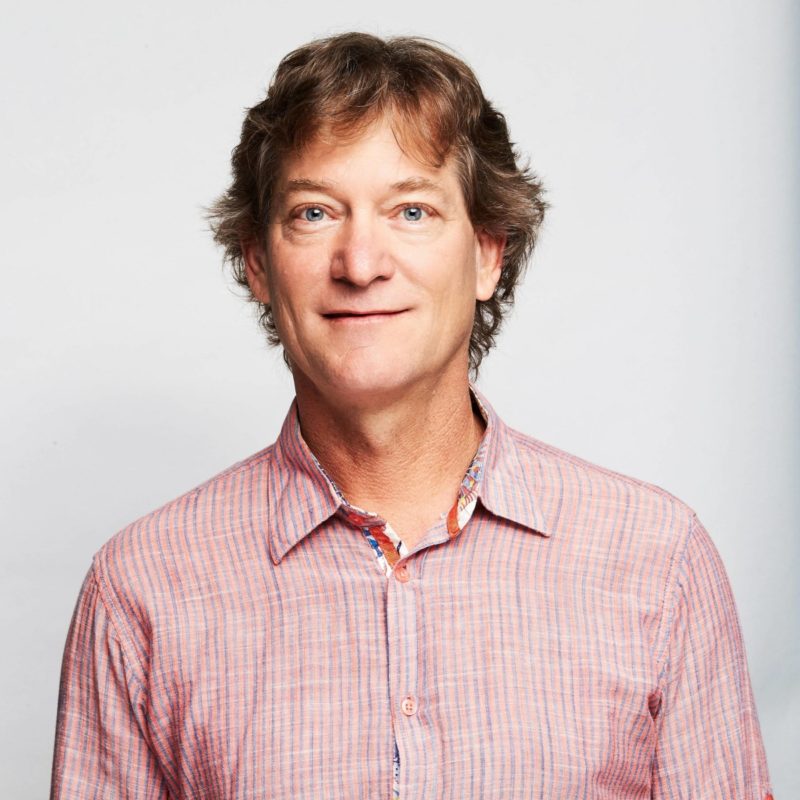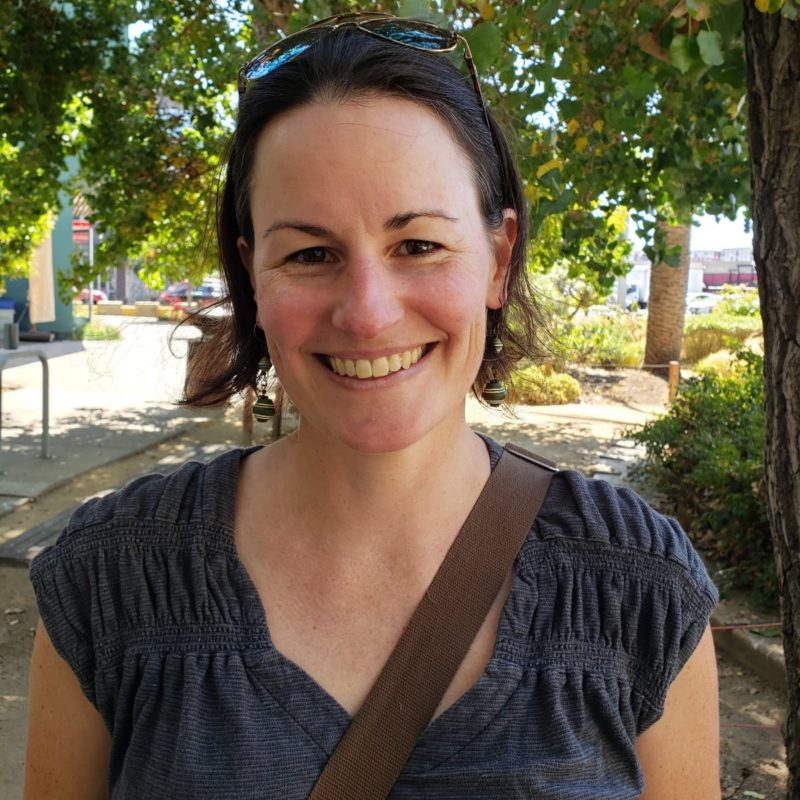Theme: Food and Farming
Friday, October 18th
Calling all permaculturists and permacurious folks! Join us for an interactive session to explore how we can foster deeper connections within and among our bioregions. We’ll have interactive boards to facilitate connections, conversations, and inspirations among the permaculture community and beyond! All are welcome at this networking and bioregional organizing session. Bring your lunch and be ready to meet new people. Hosted by: Melissa Fant, John Valenzuela and David Shaw from Santa Cruz Permaculture.
October 18th | 1:30 pm to 2:30 pm | World Cafe
Panelists
Permaculture is a whole-systems design approach that uses principles and methods derived from ecosystems, nature-connected communities, and other time-tested systems to create ethical human settlements and institutions. Co-founded by Right Livelihood Award laureate Bill Mollison in Australia, people around the world now practice permaculture. Join us for a conversation with Mollison’s grandson, Stuart Muir Wilson, about how permaculture can advance ecological justice, renewable energy and ecological literacy to help mitigate climate change, catalyze systems change, and foster resilient communities. With: Stuart Muir Wilson, Program Coordinator for the Ecological Justice Hub at Jesuit Social Services in Australia. Hosted by: David Shaw, Right Livelihood College at UC Santa Cruz; Melissa Fant, Santa Cruz Permaculture.
October 18th | 2:45 pm to 4:15 pm | World Cafe
Panelists
We’re seeing the emergence of new generations of highly innovative urban farmers. They’re idealistic but savvy, hard working and very ethnically diverse. They often embed social justice and spirituality into a back-to-the-land ethos that includes reconnecting with nature to develop a healthy harmonious way of life. But remarkably they’re doing it in urban and suburban environments where most people now live. Hear from exemplary pathfinders of this extraordinary movement. Hosted by Arty Mangan, Director of Bioneers’ Restorative Food Systems Program. With: Chanowk and Judith Yisrael of Sacramento’s Yisreal Family Farm; Karen Washington of New York City’s Rise and Root Farm; Shawn Harrison of Soil Born Farms in Rancho Cordova, CA.
October 18th | 4:30 pm to 6:00 pm | Larkspur Room
Panelists
The greatest opportunity for a future in which human health and ecosystems flourish may rest on our plates. We will need to nourish 9 billion people by 2050: what humans eat and how it’s produced will be one key determinant of the future of life on Earth. The food systems currently in place are totally unsustainable (as recent fires in the Amazon so clearly highlight), but this grand challenge is also one of the greatest opportunities in human history to take an evolutionary leap in reshaping our relationship to food. Researcher, entrepreneur, and activist Christiana Musk, founder of Flourish.ink, a platform for catalyzing conversations on the future of food, and former Executive Director of Food Choice Taskforce, will draw from the wisdom of the audience and her own insights to explore with us how we can transcend the battleground of competing food worldviews to accelerate solutions for a flourishing future.
October 18th | 4:30 pm to 6:00 pm | Women's Tent
Panelists
Saturday, October 19th
Imagine a city where lawns are replaced with fruit and nut trees and other edible crops, where porches and windowsills overflow with culinary and medicinal herbs. Let’s make this a reality in our own yards and porches! Come hear about food forests and permaculture, medicinal herbs that everyone should be familiar with, and herbs that grow well in Bay Area climates. We’ll also have the opportunity to engage with interactive boards throughout the space to share ideas, connect with others, and get inspired. With: John Valenzuela, Cornucopia Food Forest Gardens and Santa Cruz Permaculture; Cameron Salomon, Kindred Herbs. Hosted by: Melissa Fant and David Shaw from Santa Cruz Permaculture.
October 19th | 1:30 pm to 2:30 pm | World Cafe
Panelists
The world faces a confluence of crises—climate disruption, resource depletion, loss of biodiversity, food insecurity, seed industry consolidation, dying oceans. Fixing the global food system would make one of the most significant contributions to mitigating many of those calamities. A truly stellar, eclectic group of food systems thought leaders/activists/innovators will share creative responses to transforming the food system so that it genuinely serves people and the planet. Hosted by Arty Mangan, Director of Bioneers’ Restorative Food Systems Program. With: Gary Nabhan, author, researcher, professor, farmer, genius, one of our era’s greatest agricultural ecologists and ethnobotanists; Karen Washington, co-owner of NYC’s Rise and Root Farm, one of the nation’s legendary pioneers of urban farming; Severine von Tscharner Fleming, Director of Greenhorns, founding Board President of the Agrarian Trust, one of the nation’s leading advocates and activists for young farmers; Naomi Starkman, founder and the editor-in-chief of Civil Eats.
October 19th | 2:45 pm to 4:15 pm | Sausalito Room
Introduced by
Panelists
Come help conserve the living botanical treasure of biodiversity by exchanging open-pollinated seeds. Hosted by expert seed savers from: Occidental Arts and Ecology Center, Tesuque Pueblo Tribal Farm, and Richmond Grows Seed Lending Library. Opening Ceremony with Emigdio Ballon.
October 19th | 6:30 pm to 8:00 pm | Exhibit Hall
Panelists
“I do not know of a company that does more per dollar for the earth and its people than Dr. Bronner’s.” Paul Hawken
Journey to Pavitramenthe explores how the exemplary socially and environmentally conscious Dr. Bronner’s soap company partners with more than 1,500 small-scale farmers who use regenerative organic agriculture practices in Bareilly, India.
October 19th | 7:00 pm to 7:10 pm | Showcase Theater
Sunday, October 20th
Universities and their students, staff, faculty, and visitors spend large amounts of money in countless businesses, as do hospitals. Imagine if most of these businesses were in the university or hospital’s community and were cooperatively owned by their workers. This would provide an enormous boost to local prosperity and social justice. Join us to learn more about the concept of “anchor institutions,” as well as a current initiative organized by UC graduate students to launch worker-owned cooperatives around UC campuses. With: Ted Howard, Democracy Collaborative; Marcus Renner, UC Community Economies Collaborative. Hosted by: Melissa Fant, John Valenzuela, David Shaw from Santa Cruz Permaculture.
October 20th | 1:30 pm to 2:30 pm | World Cafe
Panelists
Holistic watershed management is the critical guiding principle to any ecological design. Come learn the basics of water harvesting on a residential or land project scale through hands-on demonstrations and real-life practicums. Brennan Blazer Bird and Mauricio Rivera will show us how to: calculate rainwater flow and tank size; integrate rainwater systems into our designs; passively collect rainwater in different earthworks systems; best harvest greywater from our bathroom or laundry; and live in better relationship with water.
October 20th | 2:45 pm to 4:15 pm | Hands-On Workshop Space
Panelists
Soil, one of nature’s most complex ecosystems, is often taken for granted, but vibrant soil ecology, which is under assault all over the globe, is ultimately essential to planetary and human health. With: David Montgomery and Anne Biklé, co-authors of The Hidden Half of Nature: The Microbial Roots of Life and Health, which explores how the soil microbiome influences the human biome and the analogies between soil and gut ecologies (read an excerpt of The Hidden Half of Nature here); Dale Strickler, leading agronomist, author of the Drought Resilient Farm.
October 20th | 4:30 pm to 6:00 pm | Larkspur Room
Panelists
Monday, October 21st

Strategies to Create Resilience and Avert a Crisis – Full Day Workshop, Oct. 21.
This Event Is Sold Out
Global agriculture uses about 70 % of the available freshwater on earth. Arid regions represent 41 % of the earth’s terrestrial surface, are home to 2.5 billion people and grow 44 % of the world’s food. These regions are drought prone, experience water scarcity and are being affected by desertification and biodiversity loss. California, the supplier of two thirds of the nation’s fruits and nuts as well as four-hundred other commercial crops, has experienced 8 years of drought out of the last eleven years.
To make up the water shortage from the drought, the California’s agriculture sector has relied heavily on groundwater withdrawals, dangerously drawing down aquifers, which in a number of places in the Central Valley has resulted in land subsidence and saltwater intrusion of the water table in coastal farming regions. A rapidly changing climate will continue to put stress on water supply and will push water availability to agriculture to crisis levels.
At this one-day intensive workshop, hosted at the Occidental Arts and Ecology Center, farmers, permaculturists, researchers and policy makers will share the hard realities, innovative approaches and best practices of careful and responsible management of this precious resource to help make farms more drought resilient. World renowned experts will join us to explore new technologies and urgently needed strategies of conservation, groundwater recharge, and increasing the water holding capacity of soils, as well as policies that take a long view of water stewardship.
The program will include two Conservation Hydrology Tours with OAEC WATER Institute Co-Directors Brock Dolman and Kate Lundquist.
Tour 1, taking place in the 10-acre OAEC Core Area, will focus on integrated water conservation, harvesting, and re-use systems and techniques (storm-water, roof-water, black-water (compost toilets), rain gardens, sediment control, etc.) for regenerative human settlements.
Tour 2, taking place in the 70-acre OAEC Wildlands Preserve, will focus on watershed-scale restoration and management techniques for increased in-stream flows, riparian restoration, fish-friendly roads, erosion control, and off-stream water harvesting for ag water supply.
Speakers include Brock Dolman, Kate Lundquist, Dale Strickler, Doniga Markegard, Mike McCullough, Mary Ann King, and David Montgomery.
This Event Is Sold Out
Location: Occidental Arts and Ecology Center, Occidental, CA
Price: $195 (includes lunch & transport)
Shuttle leaves Embassy Suites in San Rafael, CA at 8:15 a.m.
October 21st | 10:00 am to 5:00 pm
Note: A separate $195 fee is required for this event.
Panelists
Let Bioneers be your hub for information and action regarding the world’s most pressing social and environmental challenges: Subscribe to the weekly Bioneers Pulse email newsletter.

